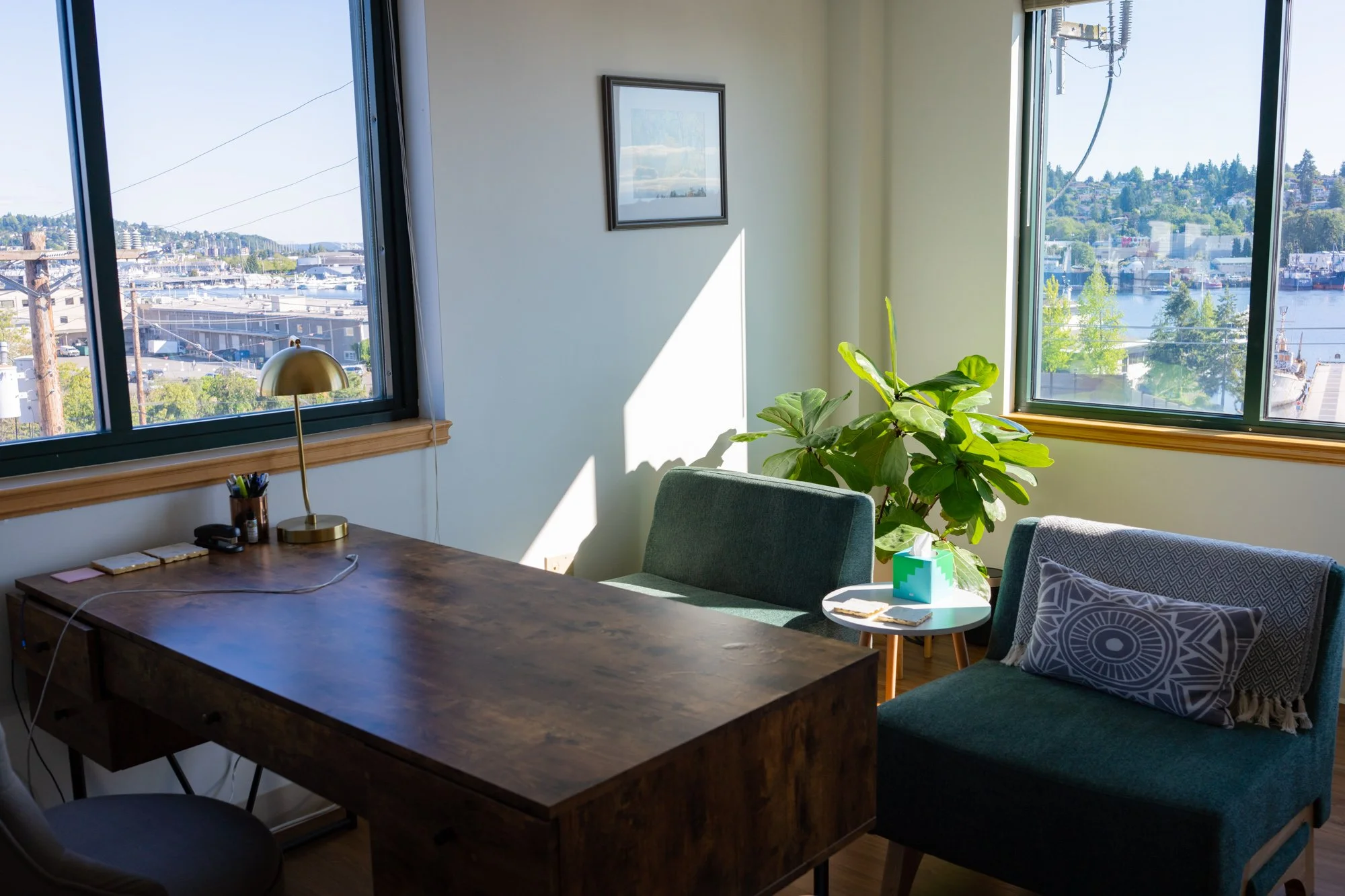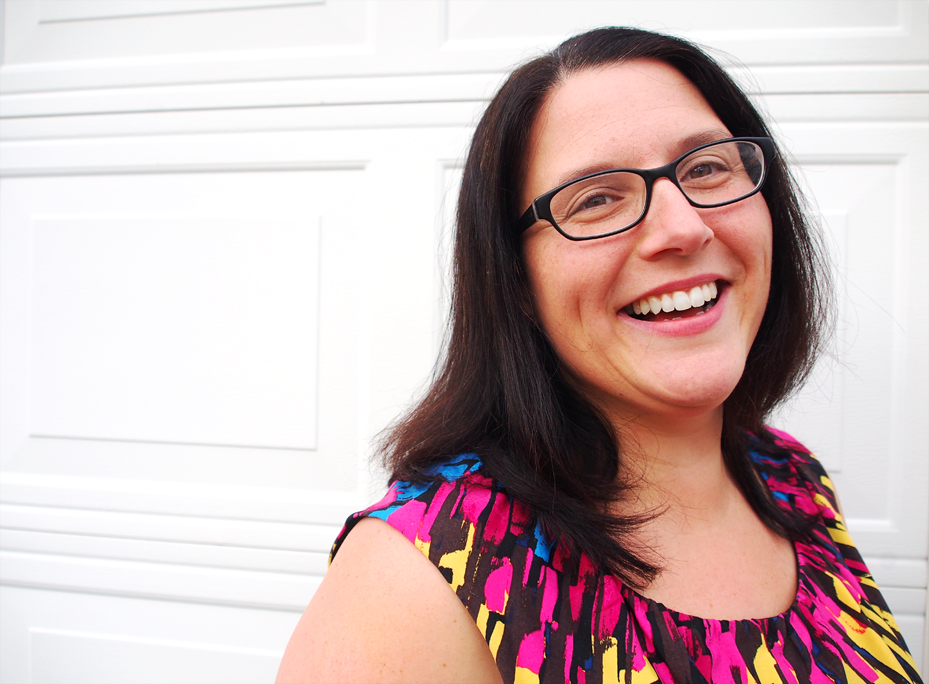
Eating Disorder Recovery Coaching in Seattle, WA
HOLISTIC HEALTH FOR ALL BODIES
If You’re Here, You’re Probably Exhausted
Are you tired of feeling out of control around food and exercise?
Are you feeling lonely or confused because no one understands your concerns about food and body?
Are you exhausted from spending your time and energy counting calories, planning “perfect” meals, and obsessing about your body?
Have you been avoiding social events and experiences due to feelings of self-doubt and shame?
Life is too short and precious to spend it disliking your body and trying to control it.
Who Eating Disorder Recovery Coaching is For
We work with anyone who wants more freedom with food and body. Eating Disorder Recovery Coaching is available for:
Adults and adolescents (16+)
Individuals in recovery from an eating disorder or chronic dieting
People supporting a loved one in eating disorder recovery
Clients working with a therapist and/or dietitian who want additional support meeting treatment goals
Individuals who exercise compulsively or avoid movement due to fear and shame
Those who feel stuck, confused, or unsure how to accept their bodies and step away from toxic diet culture
Eating Disorders We Support
Coaching may be supportive for individuals who have been diagnosed with:
Many of our clients also experience challenges with meal planning and executive function due to co-occurring conditions such as ADHD, PTSD, or Autism.
Anorexia
Bulimia
Binge eating disorder
OSFED
ARFID
Our Approach to Eating Disorder Recovery Coaching
Misty is a fat-positive eating disorder recovery coach who helps others build freedom with food, movement, and their bodies.
Her approach is warm, collaborative, and grounded in creating welcoming spaces for healing and connection. Misty practices with a social justice lens and believes all bodies deserve respect and care.
She offers compassionate accountability and practical tools aligned with Health at Every Size®, supporting clients as they rebuild trust with their bodies and reconnect with pleasure in food and movement.
Not only is Misty a certified coach, she also holds a PhD in Molecular Microbiology and a Master of Public Health in Epidemiology.
What to Expect in Your First Coaching Session
Step One: Scheduling Your Free Discovery Call
Your first step is to schedule a free 30-minute discovery call to help us get to know each other, assess whether coaching feels like a good fit, and identify what kind of support would be most helpful for you.
During this call, we will:
Review your history with food, body image, and movement
Explore your current challenges and areas where you’d like support
Identify 1–3 goals to begin working on together
Discuss coaching logistics such as session frequency, sliding scale payment options, and text/email support
If you decide to move forward with coaching, we’ll schedule your first official session.
If you are not already an established patient of One Connection Healthcare, our front office team will reach out to help you complete intake paperwork and get set up in our secure online portal.
Step Two: Scheduling Your First Session
Once intake is complete, we’ll meet for your first full coaching session to create a personalized plan based on your goals, needs, and level of support.
Types of Coaching Support Provided:
-
We’ll work together to create a supportive and realistic structure, such as:
One restaurant meal together and one virtual meal per week
Two 30-minute virtual meal support sessions per week
In-person or virtual snack or lunch support
Together we will:
Identify goals for each meal (such as incorporating fear foods or meeting nutrition goals from your dietitian)
Practice challenging food rules and rigid eating patterns
Reflect on what feels helpful and adjust support as needed over time
After several sessions, we’ll regroup and refine the plan based on what’s working best for you.
-
Clients who want regular check-ins for accountability may meet weekly or biweekly for 30–60 minutes.
Sessions may include:
Reviewing proud moments and difficult moments from the past week
Tracking progress on goals such as meal consistency, exercise boundaries, or challenging food rules
Supporting broader life goals such as dating, applying for a job, or shopping for new clothing
After 3–5 sessions, we’ll regroup and adjust the support plan as needed.
-
For clients with or without an eating disorder diagnosis who want freedom from chronic dieting and greater body neutrality or acceptance, coaching may include:
Weekly or biweekly sessions to review challenges and successes
Support with eating more consistently and expanding food variety
Challenging fear foods and diet culture beliefs
Trying new forms of movement
Letting go of clothes that no longer fit
Making space for life goals such as dating, work, or social connection
This work often includes psychoeducation resources, podcasts, or readings between sessions, with time to process and integrate tools into daily life.
After 4–6 sessions, we’ll review progress and adjust the plan together.
-
Grocery shopping to increase food variety and challenge food rules
Restaurant outings to challenge fear foods and eating in public
30–60 minute virtual sessions for meal or snack support
Preparing a meal and eating together
Attending a fitness class together to challenge exercise avoidance or perfectionism
Shopping for clothes while navigating emotions related to body changes
Creating systems and structures to support recovery goals
Regular check-ins for accountability with food, movement, and personal goals
Text or email support between sessions, when helpful
Benefits of Eating Disorder Recovery Coaching |
Benefits of Eating Disorder Recovery Coaching |
What You May Notice Over Time
Clients often report:
More freedom with food and less reliance on diet-culture tools such as rigid meal plans, scales, and calorie trackers
Movement toward body neutrality or acceptance, regardless of body size
A more balanced and joyful relationship with movement
Increased self-confidence and body trust
Improved ability to advocate for needs, boundaries, and desires
Care That Meets You Where You Are
Misty supports clients at their current stage and helps clarify a path forward that considers each person’s unique identities, experiences, and goals.
This often includes harm-reduction approaches as clients build skills, capacity, and confidence to challenge long-held beliefs and behaviors at a sustainable pace.
When clients are also working with therapists, dietitians, or other providers, Misty often collaborates to support aligned treatment goals.

Frequently Asked Questions
Have questions? We’ve got answers! Check out these FAQs. If you don’t see your question answered here, get in touch.
-
Coaches are not licensed or trained to diagnose or treat mental health conditions.
While therapy often focuses on understanding the past and the “why” behind an eating disorder, coaching centers on the present and supports the “how” of recovery.
When clients are working with a therapist and/or dietitian, Misty often collaborates with those providers. Coaching may include real-time meal support, grocery shopping, or other experiential work to help meet treatment goals.
Coaching may also include text and email support, which is not typically offered by other types of providers.
-
No. Many people are overlooked or unable to access care due to stigma or barriers in the healthcare system. I support anyone seeking more freedom with food and body, whether or not they have a formal diagnosis. I also work with parents and loved ones supporting someone in recovery.
-
Sessions vary depending on your goals and needs. Coaching can be virtual or in person (for clients in the Seattle area) and typically happens 1–3 times per month.
Talk sessions may include:
Creating plans to incorporate new foods or reduce compensatory behaviors
Discussing intrusive thoughts and identifying ways to challenge them
Establishing systems and routines to support recovery
Experiential sessions may include:
Grocery shopping
Restaurant outings
Fitness classes
Shopping for clothes
Preparing and eating meals together
-
Most sessions are 60 minutes, but coaching is flexible. Many clients choose two 30-minute sessions instead of one hour-long session for the same cost. Experiential sessions may last longer depending on the activity.
-
Yes. Meal support is one of the most common types of sessions offered. These can be virtual or in person. Accountability check-ins via text or phone can be provided when helpful.
-
Absolutely. I love collaborating with other providers to support aligned treatment goals. Coaching can provide real-time support such as meal assistance or grocery shopping that other providers may not offer.
-
Common concerns include:
Negative body image, body hatred, or disgust
Exercise avoidance or compulsivity
Insufficient intake due to food rules or limited food variety
Executive functioning challenges that affect eating and movement
Loneliness and lack of supportive community
Avoidance of healthcare due to past trauma
Fear of body changes and rigid control of food or exercise
-
Yes. I often provide support via text or email between sessions when helpful. In most cases, this is included at no additional cost.
-
You can schedule a free 30-minute discovery call in any of the following ways:
Call the front office at (206) 279-6390
Schedule online using our appointment scheduler (linked here)
Email me directly at misty@oneconnectionhealthcare.com
-
Coaching is not currently covered by health insurance.
To reduce financial barriers, we offer a sliding scale fee structure for coaching sessions. Read more about our eating disorder recovery coaching pricing information here.
BOOK APPOINTMENT TODAY |
BOOK APPOINTMENT TODAY |
Ready to receive more support?
You deserve support in your recovery journey.
You can request an appointment online through the link below or contact our office directly at 206-279-6390.


